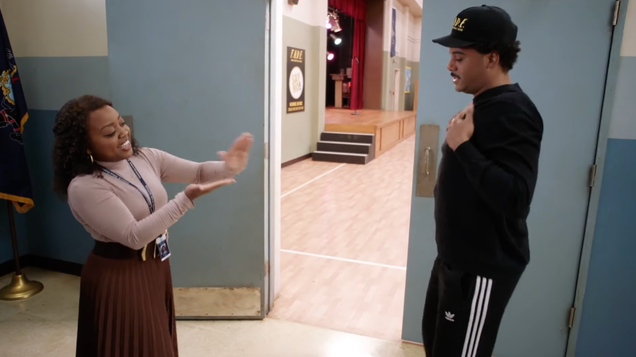In the grand tableau of human history, space exploration stands as one of our most audacious endeavors. A thrilling testament to human curiosity, courage, and ingenuity. Yet, when we think of astronauts, the names that commonly spring to mind—Neil Armstrong, Buzz Aldrin, Yuri Gagarin—are those of white men. It's high time we turned the spotlight towards the Black astronauts who've made significant contributions to this exciting domain.
In the annals of NASA's history, Guion Bluford holds a unique distinction. In 1983, aboard the Challenger, Bluford became the first African American to experience the awe-inspiring spectacle of Earth from space. His journey defied the gravity of racial bias and inspired a new generation of Black youth to reach for the stars. Bluford's story isn't merely about breaking barriers—it's about demonstrating that the sky is not the limit for Black excellence.
A decade later, Mae Jemison, an engineer and physician, followed in Bluford's cosmic footsteps to become the first African American woman in space. Her mission aboard the Endeavour space shuttle in 1992 was more than just a technical triumph—it was a symbol of gender and racial equality. Jemison's accomplishments have had a profound impact, showing young Black girls that they, too, have a place among the stars.
Yet, these pioneers didn't just pave the way for future Black astronauts—they also enriched the space program with their unique perspectives and talents. For instance, Ronald McNair, the second African American in space, was not only an astronaut but also a physicist specializing in laser technology. His work has had a lasting impact on our understanding of the outer space environment.
Similarly, Charles Bolden, a former astronaut, was the first African American to lead NASA as its Administrator. His leadership contributed to significant advancements in Mars exploration and fostered international collaboration in space research.
Yet, our exploration of space is not just a matter of science and technology—it's also about the human spirit. The journey of these Black astronauts illuminates the path towards a more inclusive future, where the color of one's skin does not determine the height of one's dreams.
So, let's rewrite the narrative. Let's recognize and celebrate the contributions of Black astronauts to space exploration. Let's ensure that the next generation of explorers—regardless of their race or gender—can see themselves reflected in the stars.
Remember, space exploration is humanity's shared journey. It's a journey that becomes richer, more exciting, and more significant when we include all voices and perspectives. After all, the universe doesn't discriminate—it's vast enough for all of us to explore.


